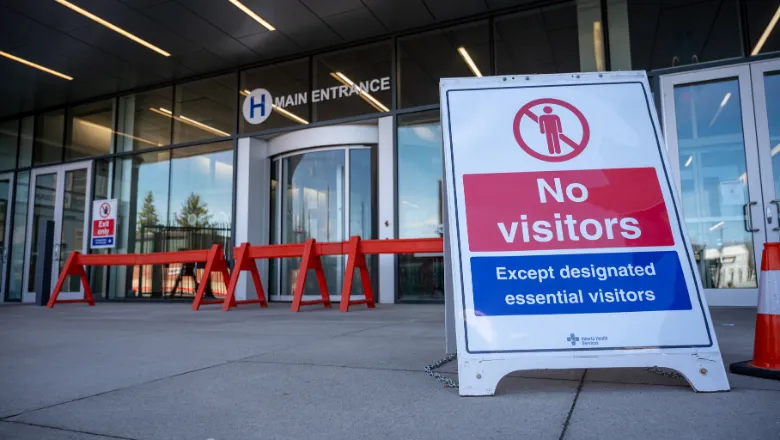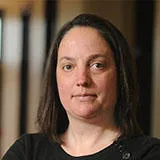11 June 2020
How COVID-19 has highlighted racism as a health risk
It is discriminatory social and economic structures that are determining how sick patients become from the virus, argue academics in latest WORLD: we got this podcast episode.

The question is not whether you will contract the virus, but whether you get sick from the virus, argue Professor Anne Pollock from the King’s Department of Global Health & Social Medicine and Dr Melissa Creary from the University of Michigan.
How sick you then become is impacted by existing underlying conditions in the body – conditions that can be seen as products of racism. They argue that conditions such as diabetes and hypertension are linked to the stress of racism, as well as factors such as food deserts and the neighbourhood, family and society in which a person lives.
The commoditisation of bodies, particularly bodies of colour, also plays a key role. In terms of the pandemic, this has been exposed by those who could shelter in place and those who were still exposed due to job responsibilities and poor living conditions.
The stakes are even higher for those in the US, where health insurance is often linked with employment.
“To lose both your income and your access to care at the same time – in the face of a pandemic – that is different to counting the number of hospital beds and from counting the number of people,” says Professor Pollock, who critiques the emphasis on numerical tools to determine health policy.
“Recognising hospital capacity in the abstract is not enough to actually address the health needs of all of us.”
In this first of two episodes on health and racism, they also discuss the current focus on high tech medicine and emphasise that much of what creates the underlying bodily inequalities is low tech.
However, they believe the pandemic has opened up conversations about the fault lines in the current system, which Dr Creary says, “have existed in the US for a very long time.”
“I think that this very current moment, with what’s going on in the US […], there is this very interesting intersection that’s happening where we see how systemic racism has endangered lives far into the reaches of societies, of where we live, work and play.
She argues, however, that history has shown that change doesn't come easily.
For example, when it comes to the development of vaccines for COVID-19, she notes, "we’re still going to have to counter with who is going to be able to access those vaccines. Will people want to take those vaccines based on the levels of distrust and racism that has already been shown institutionally? Will actual need be accounted for?"
Listen to more of the discussion on health and racism on the WORLD: we got this podcast.
Part two will feature conversations with King’s alumni, Mohamed Ali and Beauty Dhlamini.
Having completed degrees with the Department of Global Health & Social Medicine, Mohamed and Beauty have gone on to set up the ‘Mind the Health Gap’ podcast, which acts as a source for accessible, reliable and uncensored global health discussions and debates affecting the general public, particularly marginalised communities.
Professor Anne Pollock and Dr Melissa Creary are research collaborators. They were members of the Atlanta-area Working Group on 'Race and racism in contemporary biomedicine' and continue to collaborate through the Wellcome Trust project, 'Race and biomedicine beyond the lab.'

